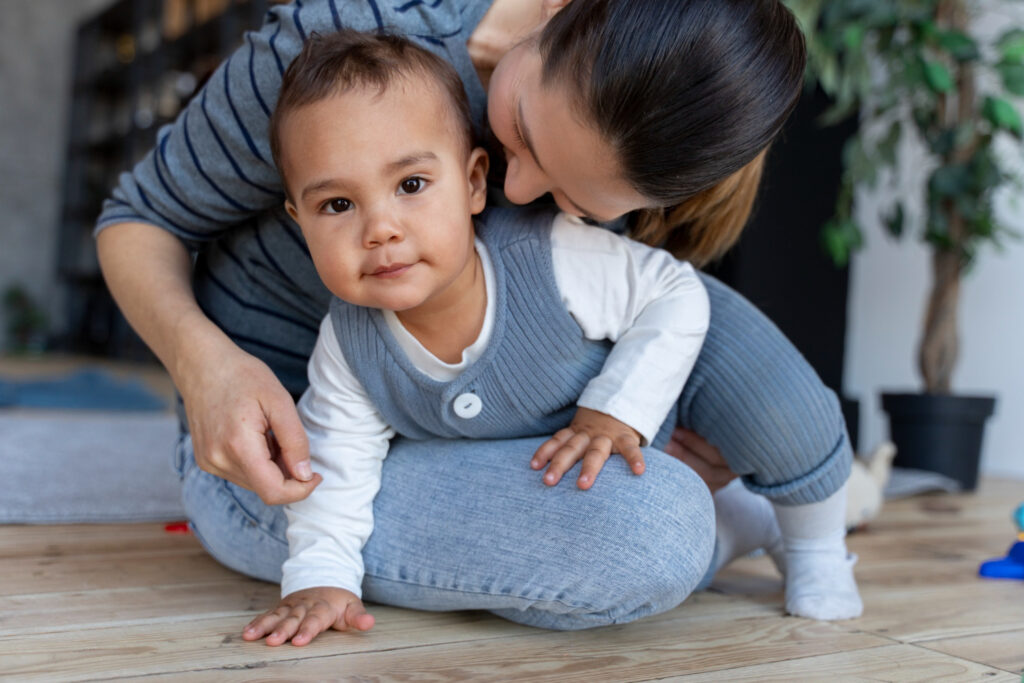
Introduction:
Parenting toddlers can be a rollercoaster of emotions, and one common challenge many parents face is dealing with toddler disrespect. It’s important to understand that toddlers are still learning how to navigate the world around them, including social interactions and boundaries. In this guide, we’ll explore the reasons behind toddler disrespect and provide practical strategies for parents to handle these challenging moments with patience and understanding.
Recognize Developmental Milestones:
Toddlers are constantly developing and testing their independence. Understand that behaviors like defiance and backtalk are often a natural part of their growth process. Recognizing these developmental milestones can help you respond with empathy and patience.
Set Clear and Consistent Boundaries:
Establish clear boundaries and expectations for behavior from an early age. Be consistent in enforcing these boundaries, and provide gentle reminders when necessary. Consistency helps toddlers understand what is and isn’t acceptable behavior.
Use Positive Reinforcement:
Focus on praising and rewarding positive behavior rather than solely punishing negative behavior. Celebrate small victories and accomplishments, reinforcing the behaviors you want to see more of. Positive reinforcement helps toddlers feel valued and encourages them to continue behaving appropriately.
Stay Calm and Patient:
It’s easy to feel frustrated or overwhelmed when faced with toddler disrespect, but responding with anger or harsh discipline rarely resolves the situation. Take a deep breath, stay calm, and respond with patience and understanding. Model the behavior you want to see in your child.
Validate Their Feelings:
Toddlers may express disrespect as a way of communicating their emotions or asserting their independence. Acknowledge and validate their feelings, even if you don’t agree with their behavior. Let them know that it’s okay to feel frustrated or upset, but there are appropriate ways to express those emotions.
Offer Choices and Empowerment:
Empower your toddler by offering them choices whenever possible. This helps them feel a sense of control over their environment and reduces the likelihood of power struggles. Offer limited choices to avoid overwhelming them, but still allow them to feel empowered in decision-making.
Redirect Negative Behavior:
When faced with disrespectful behavior, redirect your toddler’s attention to a more positive activity or behavior. Offer alternative ways for them to express themselves or channel their energy, steering them away from negative interactions.
Use Time-Ins Instead of Time-Outs:
Instead of traditional time-outs, consider using time-ins as a way to address disrespectful behavior. Take a moment to sit with your child, calmly discuss their actions, and help them understand the consequences of their behavior. Time-ins provide an opportunity for connection and teaching rather than isolation and punishment.
Lead by Example:
Children learn by observing the behavior of the adults around them. Model respectful communication and conflict resolution skills in your interactions with others, including your child. Show them what it means to treat others with kindness and empathy.
Seek Professional Support if Needed:
If you’re struggling to handle your toddler’s disrespect or if the behavior persists despite your efforts, don’t hesitate to seek support from a pediatrician, child psychologist, or parenting counselor. They can offer guidance, strategies, and support tailored to your family’s unique needs.

Conclusion:
Dealing with toddler disrespect can be challenging, but it’s important to approach these situations with patience, empathy, and understanding. By recognizing the reasons behind their behavior, setting clear boundaries, and responding calmly and consistently, parents can help their toddlers navigate this developmental stage with confidence and respect. Remember, building a strong and loving relationship with your child lays the foundation for positive interactions and mutual respect as they grow.

